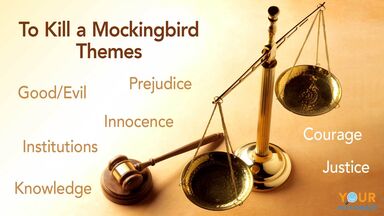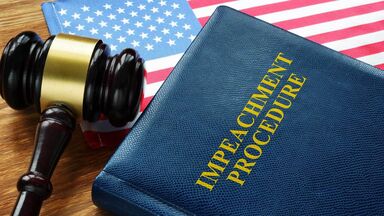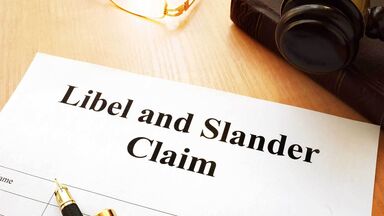The first specific legislation on the subject was enacted on the 12th of February 1793, and like the Ordinance for the Northwest Territory and the section of the Constitution quoted above, did not contain the word "slave"; by its provisions any Federal district or circuit judge or any state magistrate was authorized to decide finally and without a jury trial the status of an alleged fugitive.
The measure soon met with strong opposition in the northern states, and Personal Liberty Laws were passed to hamper officials in the execution of the law; Indiana in 1824 and Connecticut in 1828 providing jury trial for fugitives who appealed from an original decision against them.
These Personal Liberty Laws forbade justices and judges to take cognizance of claims, extended the habeas corpus act and the privilege of jury trial to fugitives, and punished false testimony severely.
His English practice had as yet been scanty, but in 1737 a single speech in a jury trial of note placed him at the head of the bar, and from this time he had all he could attend to.
At the initial phase only cases imposing either death penalty or maximum imprisonment term will be handled by jury trial.





